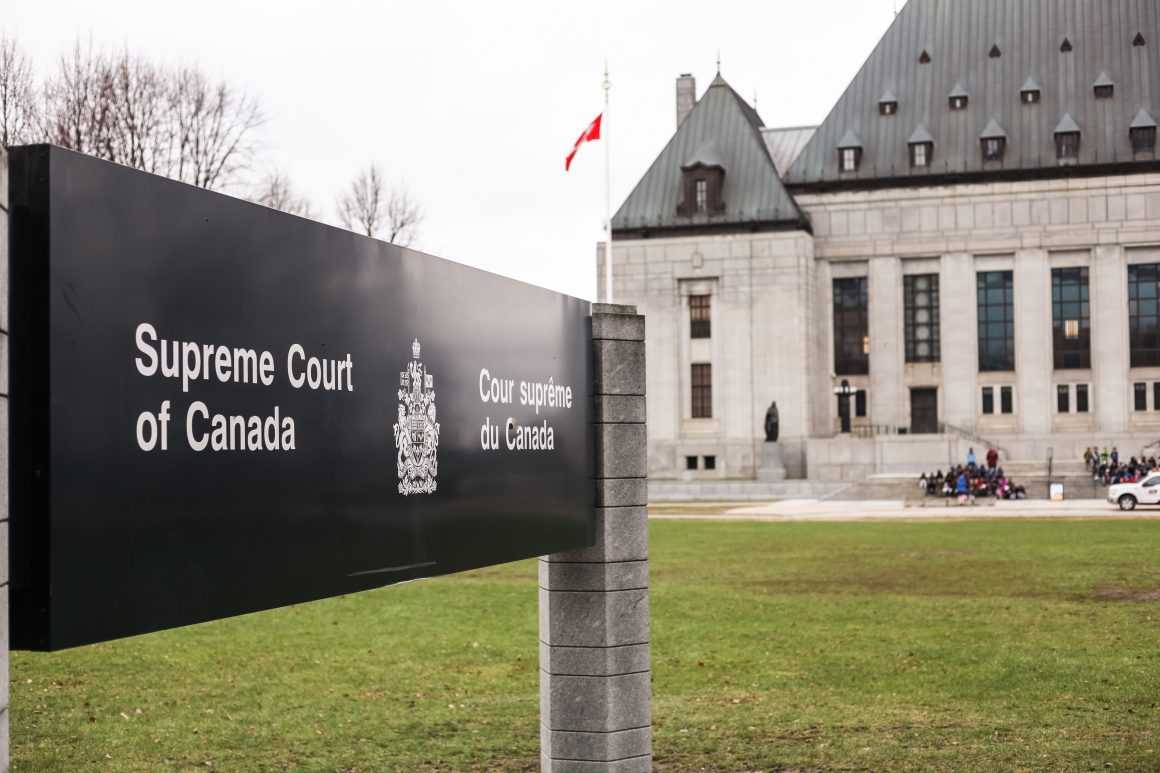
Can the provincial government infringe on the rights of Albertans? Professor Linda McKay-Panos weighs in.
By Lauren Peebles, February 14 2021—
Public Health Order 42-2020 (the “Order”) came into effect in Alberta on Dec. 13, 2020. The provisions were sweeping. All social gatherings, inside and outside, are banned across Alberta. Only a few exceptions for those living alone were listed. Deena Henshaw, Alberta’s Chief Medical Officer of Health (“CMOH”), and other health officials stated that these new measures were vital to helping curb the growing number of cases of COVID-19.
Public health officials often need to take drastic steps during emergency situations. However, infringement of the rights of Canadians needs to be examined and tested. Canadians are guaranteed freedom of assembly, association, religion and many other rights as part of the Canadian Charter of Rights and Freedoms (the Charter) in the Constitution Act, 1982.
These rights are not absolute, and may be justifiably infringed upon. An upcoming legal challenge by two churches to the Order claims that it is unjustifiable.
Professor Linda McKay-Panos, Executive Director for the Alberta Civil Liberties Research Centre and renowned University of Calgary Constitutional Law Professor discussed these issues in a recent interview with the Gauntlet. McKay-Panos talked about obstacles in this upcoming challenge and Charter challenges in general.
McKay-Panos identified the aspects of a test that the Crown (in this case, the Attorney General) must prove in order to justifiably infringe on Charter right. This test comes from a famous constitutional case: R v Oakes. Here, the test for justifiable infringement was enumerated.
For a law to justifiably infringe on Charter rights, the goal must be “pressing and substantial.” In addition, the Court must take a proportional analysis to determine if the crown has proved that the law is rationally connected to the objective, that it minimally impairs on the right in question, and weigh the relative effects infringing on the right in question would have.
Which part of the Oakes test would the crown have the most difficulty proving in a Charter challenge? McKay-Panos elaborates.
“The question to answer is if the Order is minimally impairing.”
The Crown needs to prove that the Order is minimally impairing.
“It’s all about evidence,” remarks McKay-Panos.
Evidence will be crucial in this upcoming Charter challenge. A lockdown in March 2020 was based on much more limited information. There is more information available in regard to COVID-19 as of December 2020. In theory, the Crown has more evidence to prove each part of the Oakes test as public health officials have learned more about the spread of COVID-19 during 2020. However, the availability of this information could put the challengers at a disadvantage.
Typically, challengers could have access to the Hansard (a record of what is discussed in parliament or the legislature) and other publicly available information. This would provide challengers some idea of the government’s intention and the evidence they relied on to enact a piece of legislation.
In contrast, Alberta’s COVID-19 decision makers are not sharing what evidence they are relying on when drafting public health orders. This makes it more important, says McKay-Panos, to “challenge Charter infringements.”
Typically, laws that have had a Charter challenge have been “subject to scrutiny” though debate in parliament or the legislature The Order has not been debated, and the information public health officials have relied on is not clear nor readily available.
Beyond opinions on whether or not the Order is socially acceptable, just or necessary, Charter challenges are incredibly important to launch. As McKay-Panos points out, challenges to regulations are essential, as “our lives are run by regulations.”
While the Order is law, it is enacted under a regulation. Typically, regulations — a form of subordinate legislation — have different requirements to become a valid law than regular legislation. When the Charter challenges launched by the two churches are litigated in March 2021, the question on the need for debate of an enactment will be an important point of challenge.
Beyond the specific challenges to the Order, Charter challenges in general are essential to bring, “especially when they are not subject to some debate” as McKay-Panos points out. While someone may not agree with the reasons behind this specific challenge, protecting and testing infringements on Canadian rights is an important and legitimate activity to bring to the Court.
